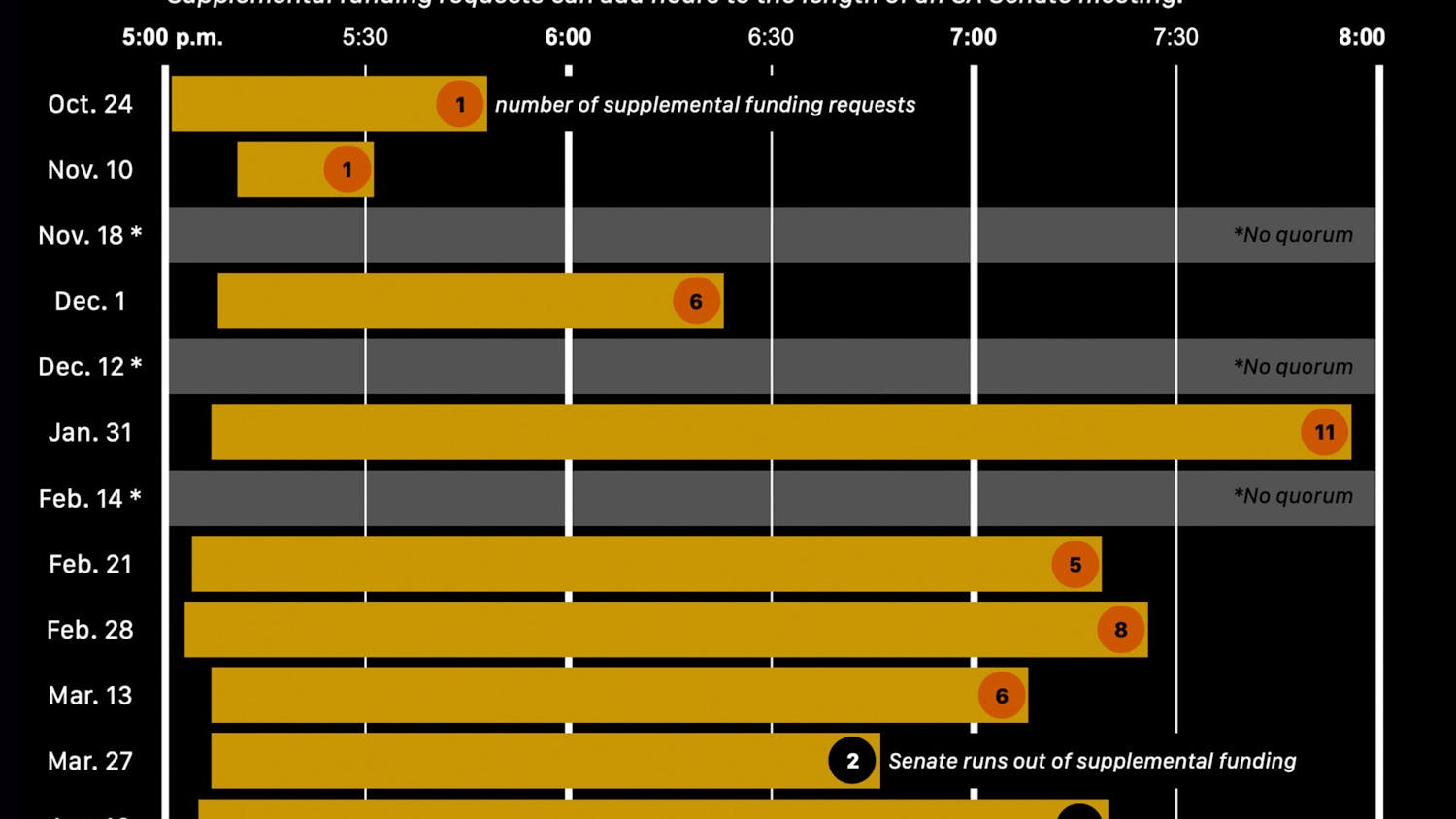America's generosity has become even more fertile in the weeks since Sept. 11. Her citizens have opened their wallets and donated more than $850 million to dozens of charitable organizations that provide financial assistance to the attack victims and their families. These diverse groups range from the ubiquitous Red Cross and United Way to endowments created specifically to aid those affected by the terrorist crashes. Two of the highest profile, Mayor Rudy Giuliani's Twin Towers Fund and the New York Times 9/11 Neediest Fund, have raised a combined $115 million to date.
The sheer number of relief groups receiving aid is prohibiting effective distribution of the funds. Their decentralized organizational structure is threatening to minimize the effectiveness of the funds. Some groups working toward similar goals recognize this and are uniting around their common causes. Citigroup Foundation raised $15 million for victim scholarships, a cause former president Bill Clinton and his 1996 presidential election opponent Bob Dole are working on as well. Tuesday, Citigroup joined with the one-time presidential rivals to pool their efforts and capital.
The overall relief effort should duplicate this spirit of collaboration. The hundreds of millions of dollars pouring in need to be targeted in order to help New York City recover in an efficient manner. A committee, consisting of representatives of the largest relief organizations, could direct the macro-level coordination of the effort and maximize their labor by sharing responsibility. Chaired by bipartisan leaders like Clinton and Dole, or former presidents Jimmy Carter and Gerald Ford, the committee could sift through restitution claims, prioritize them with an eye toward urgent needs and reduce the potential for waste and corruption.
In the wake of the Oklahoma City bombing, relief agencies met on a weekly basis to synchronize their efforts and ensure the victims received necessary aid. The magnitude of September's attack dwarfs the crisis in Oklahoma, rendering the need for effective coordination all the more urgent.
Many charitable organizations oppose centralizing relief efforts, fearing institutional gridlock. Justifiable concerns exist about maintaining high levels of effective service without the interference of a crushing bureaucracy. Fundamental problems regarding the distribution of such vast amounts of money should not, however, be ignored simply because of an organization's concerns about its sphere of influence.
Unlike the buildings surrounding the Murrah Federal Building, much of lower Manhattan was heavily damaged, closing businesses and displacing people from their jobs. Companies located on the upper floors in the Twin Towers were virtually wiped out when the buildings collapsed. The scale of the attack dwarfs any concerns about which organization declares sole domain over scholarships or capital equipment funds. The victims need results from their benefactors, not competition.




